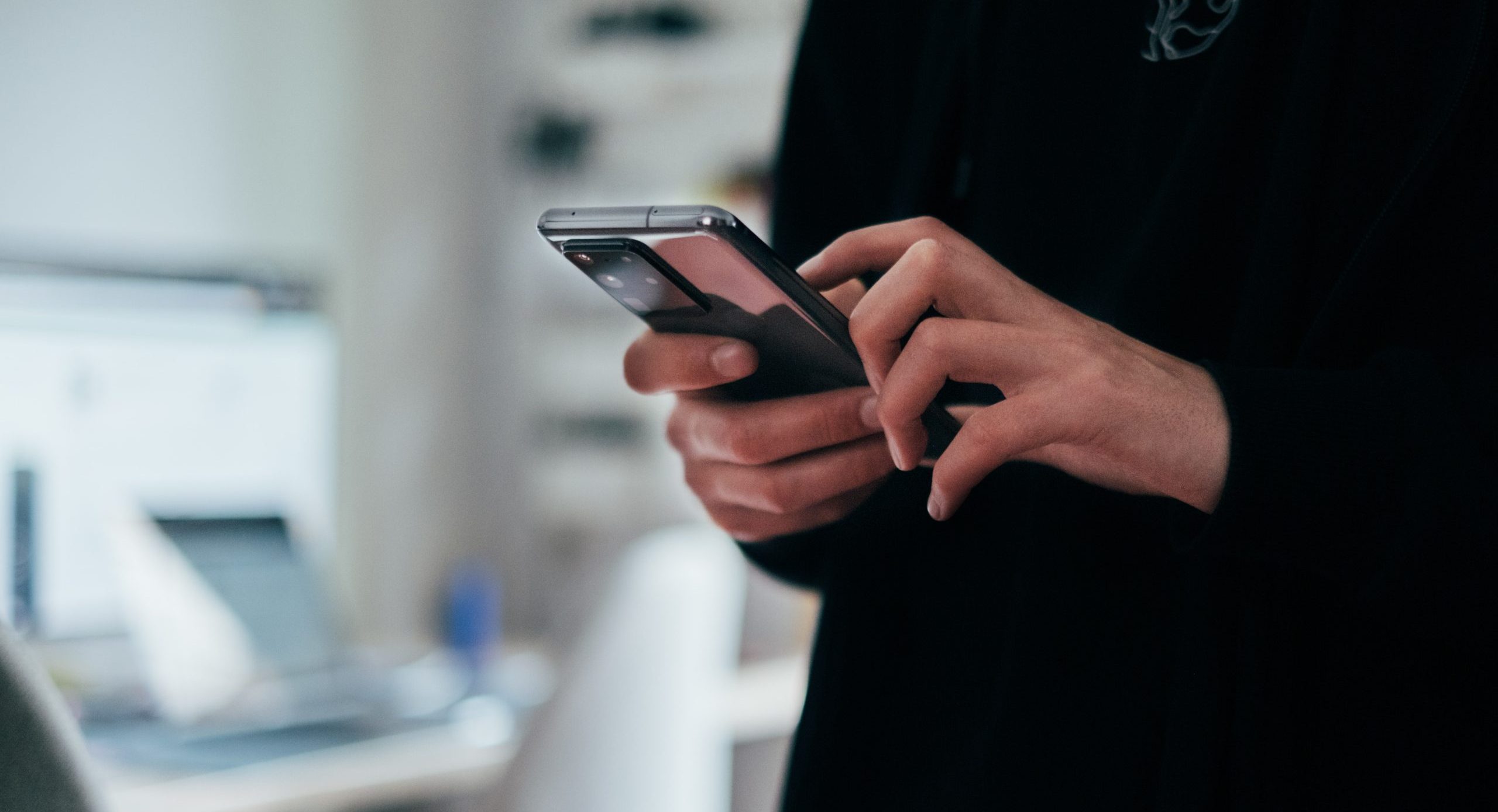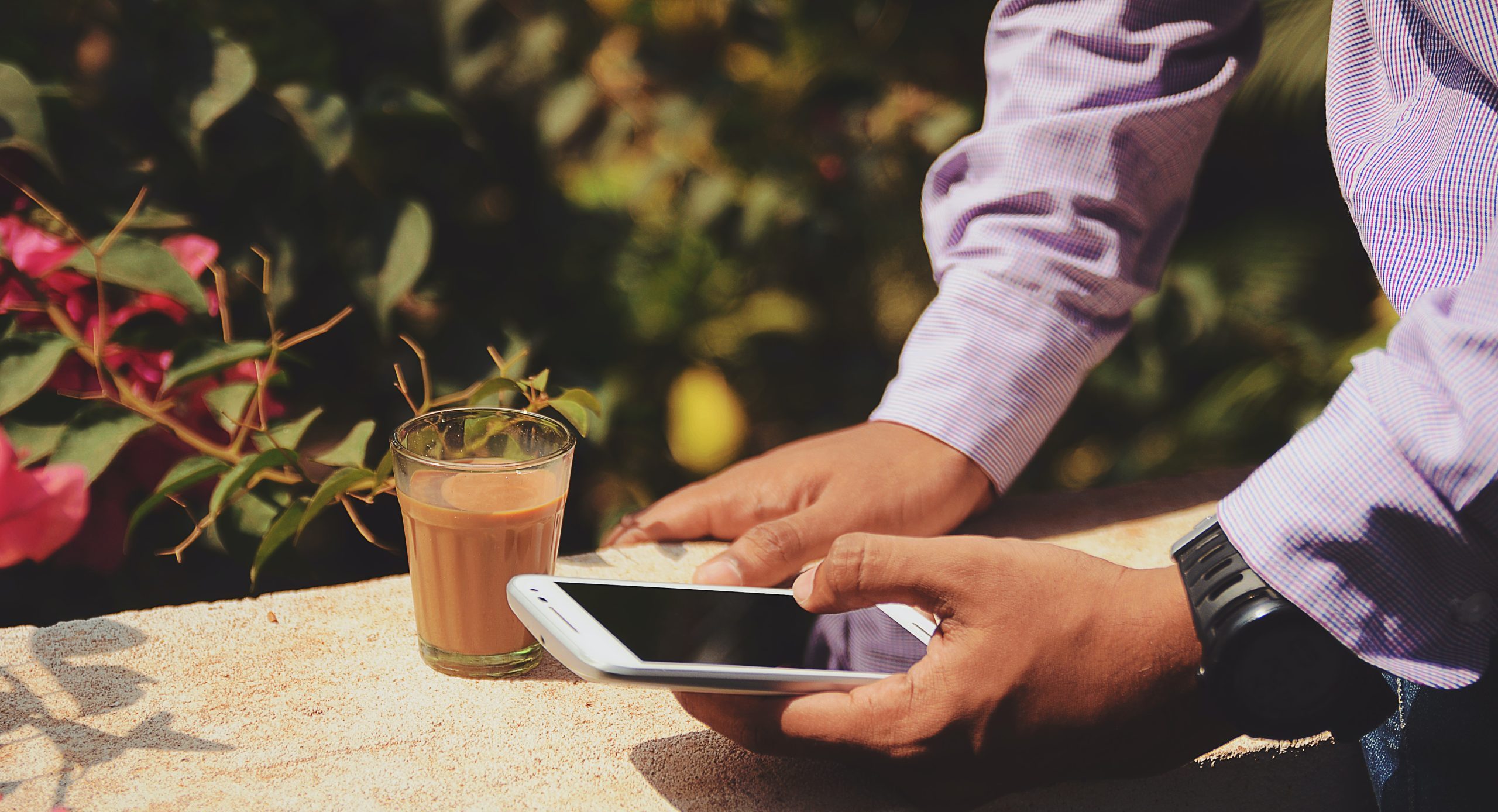They make it harder to sleep

Everyone’s been there: it’s getting late, and you tell yourself you’ll go sleep after reading just one more tweet or watching just one more TikTok. Inevitably, that leads to you scrolling for hours more, and the blue light emitted by your screen ensures that when sleep finally does come, it won’t be as easy or as restful as it should be.
They can damage your romantic relationships

If you go out to eat with some regularity, you’ve probably seen at least one argument break out in a restaurant caused by one half of a couple being unable to stop checking their phone. Scrolling through dinner isn’t the only egregious phone behaviour to harm your relationship, either, as even tweeting in the privacy of your home can erode connection during quality time.
They increase feelings of FOMO

Social media was initially pitched as a tool to increase communication between friends and family, but anyone who’s used it knows that it usually does the opposite. Whether you see a group of friends on a holiday you weren’t invited on or your old work bestie celebrating their new role and fancy office, being on your phone is a recipe for FOMO.
They change your posture

It’s easy to see the ways that mobile phone proliferation has affected society and people’s mental health, but they have also made a difference to people’s physical well-being. Just looking down to quickly read a text or check your email puts a lot of extra pressure on your spine, to the extent that it can change your posture permanently over time.
They make it easier to spend money

There are a hundred different ways in which phones can impact your spending. Not only are all social media platforms flooded with adverts at all times, but tools like contactless and Apple Pay make it easier than ever to spend money instantly at the push of a button. As such, it’s much harder to stick to your budget and spending goals.
They can contribute to repetitive strain injury

Back in the day, repetitive strain injury was a condition commonly found among factory workers and athletes, in other words, anyone who had to do the same kind of movements over and over again. However, it’s increasingly common for doctors to diagnose RSI based on things like swiping finger and video thumb. Frequent hand stretches and breaks can help to prevent this.
They’re replacing real books

In many ways, e-readers and library apps have been great for book lovers. After all, now you don’t have to carry around multiple heavy tomes if you’re not sure what you’ll want to read. With that said, some experts have suggested that reading off a screen rather than from paper is worse for people’s eyesight and may decrease comprehension and recall of information.
They can affect your love life

In one recent study done in the UK, over 60% of women admitted to checking their phones during bedroom activities at least once in their life. Not only that, but mobile phone use during dates or quality time at home together can harm your ability to be connected during physical intimacy, by building resentment between partners and discouraging existing in the moment.
They wreck your ability to focus on one task

One of the best things about a phone is how many tasks it’s capable of performing; it can save your grocery list, play all your favourite music, hold 1,000 books and order beauty products to your door. Unfortunately, the boundless potential that lives in your phone makes it nearly impossible to focus on just one task long enough to enter a productive flow state.
They make you doubt your own progress

Used correctly, a phone is a great tool for helping you achieve your goals. It can plan your workouts, help you adhere to a meal plan, remember all your appointments and allow you to work on your novel from the bus. However, it is also a portal into social media, where you can see all your friends and acquaintances’ achievements and inevitably compare your own.